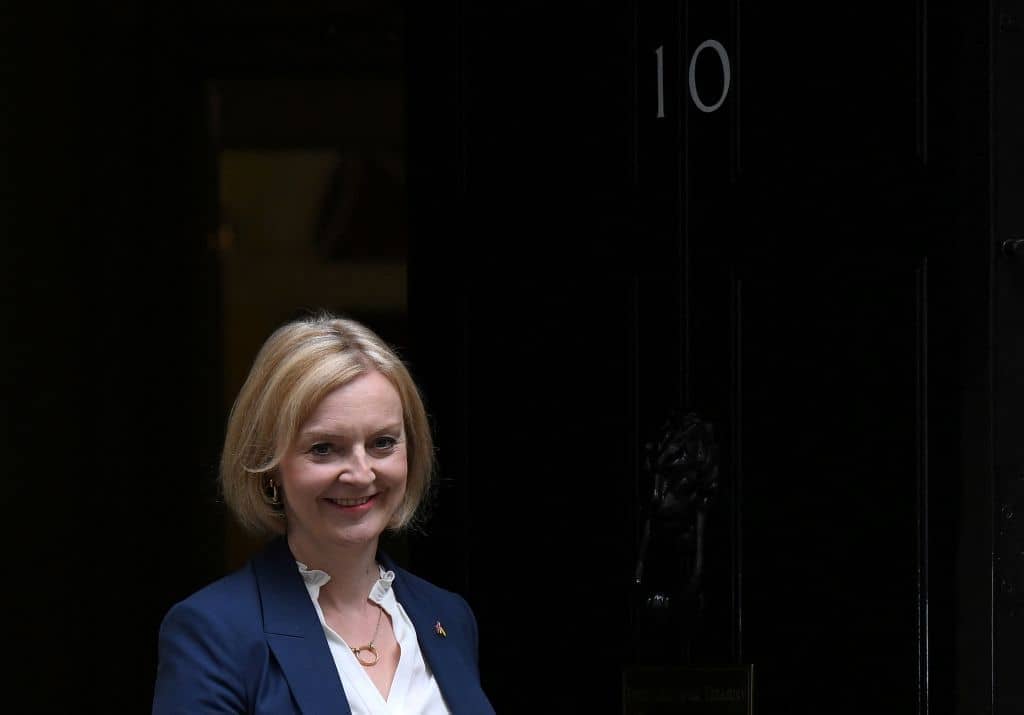How 10 Downing Street works – or doesn’t – always reflects the character of the prime minister who inhabits it. Boris Johnson’s No. 10 was chaotic and scandal-ridden. Theresa May’s indecision meant that hers was led by the will of her strong-minded advisers, not by her own agenda. David Cameron’s was slick, but last-minute. Liz Truss served in government under all three of them, and so witnessed all three approaches. She wants her Downing Street to be different.
Even before Truss entered Downing Street on Tuesday, change was under way. After No. 10 earned a reputation in the past year as a louche place full of late-night drinking, aides have been told that the government is smartening up: there will be a shirt-and-tie dress code. But the more important change is structural. The old policy unit has been drastically slimmed down. The delivery unit, the data team and legislative affairs have been moved. In their place is a new economic unit whose role is to help Truss and her Chancellor Kwasi Kwarteng take on the ‘Treasury orthodoxy’ that Truss spent so much of her leadership campaign railing against.
In a bid to strengthen the relationship between Truss and her most important ministers, new offices are being created in Downing Street for both Wendy Morton, the new chief whip, and Thérèse Coffey, the Deputy Prime Minister. ‘We’ve blown up the No. 10 floor plan,’ says an aide. The idea is to create a leaner, nimbler operation. And slimming down doesn’t just set an example to other departments; it’s also intended to create higher accountability. Truss views a new economic approach as crucial to her premiership.
As well as appointing a like-minded Chancellor in her old friend Kwarteng, she wants No. 10 to have far more economic oversight. As such, Matthew Sinclair is joining as her chief economic adviser.








Comments
Join the debate for just £1 a month
Be part of the conversation with other Spectator readers by getting your first three months for £3.
UNLOCK ACCESS Just £1 a monthAlready a subscriber? Log in